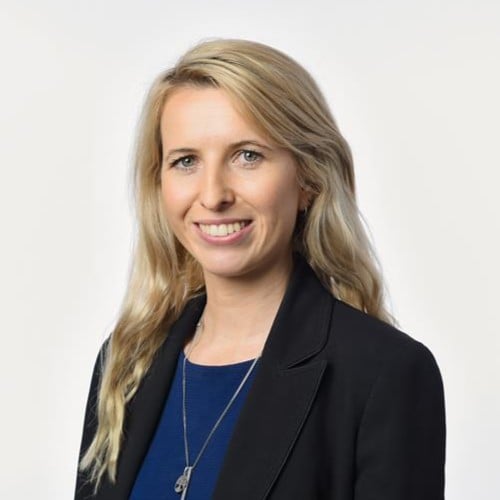What is climate-related disclosure and why is it important for APAC?

What are the TCFD and IFRS S2?
Many businesses are familiar with the 11 climate-related financial disclosures that the TCFD recommends across four areas of business: governance, strategy, risk management, and metrics and targets. These recommendations were created in 2015 by the Financial Stability Board to provide clear, comprehensive, and high-quality data on the impacts of climate change.
The TCFD recommendations started as voluntary disclosures, but have since inspired international legislation and become part of regulatory frameworks worldwide, including in the European Union, Canada, South Africa – and Japan and Singapore.
However, fewer people may be aware that as of July 2023, the TCFD recommendations have been incorporated into the IFRS S2 Climate-related Disclosures. The IFRS S2 requirements include the TCFD's four core recommendations and eleven recommended disclosures. In essence, IFRS S2 encompasses the TCFD's guidance and offers further details and direction.
TCFD and IFRS S2 are meaningful for participants in both the financial and the real economies. Investors, lenders, insurance underwriters, and other stakeholders can adequately price climate-related financial risks and impact – strengthening financial systems and the resilience of companies.
The 11 recommendations: what you need to report on
Meeting climate-related disclosure recommendations and making comprehensive disclosures demands a lot of data, tools, and expertise.
For example, the TCFD recommendations includes detailing your climate-related risks over the short, medium, and long term, quantifying their impact, and documenting the processes for identifying, assessing, and managing each of the impacts.
To describe your climate risks, you need in-depth information about climate hazards – such as sea level projections, local and temperature projections, the possibility of droughts, extreme flooding events, and more. It’s unlikely to be data you’ll have internally, so you’ll have to source this from external datasets.
Once you have climate-related data, you’ll need to map it to your organisation and operations – measuring potential impacts across four 20-year periods: 2030, 2050, 2070, and 2090.
TCFD guidance and IFRS S2 requirements also includes disclosing your Scope 1, Scope 2 and Scope 3 greenhouse gas emissions – requiring detailed information about your direct and indirect emissions, including those generated across your supply chain.
Getting data on your own emissions can already be a challenge due to inaccurate data and a lack of numbers for key metrics – let alone when trying to measure emissions across your partners and their supply chains.
As well as meeting all 11 disclosures, it’s also important you’re able to report on them over time. Delivering reliable, comparable, and specific information at the right time will be essential to creating a resilient and future-proof business – and achieving accurate disclosures.
The right partner to power your climate resilience
One of the easiest ways to ensure you’re complying with the IFRS S2 and TCFD recommendations ahead of time is by partnering with an organisation with a global presence, extensive experience, and proven legislation expertise.
At Haskoning, we’re experts in climate change risk assessments and climate-related reporting. We use our knowledge and over 140 years of engineering and environmental management experience to assess where a governmental organisations or a company is in its climate resilience journey, taking into account factors like baseline understanding, governance, physical assets, and ambitions.
With the support you need to conduct effective climate change risk assessments, model dynamic processes, and make better-informed investment decisions, you can build resilience and comply with changing standards and regulations.
Before you can achieve your climate-related goals, you need to assess and report on your current and future operations – and understand how climate change is going to impact you and your surroundings.
Webinar: Building green and resilient cities in Asia Pacific
Watch our webinar to explore how to create sustainable and climate-resilient urban environments in Asia Pacific with insights from the World Bank, RVO and Haskoning.

Got a question?
Contact our Climate Resilience experts!
